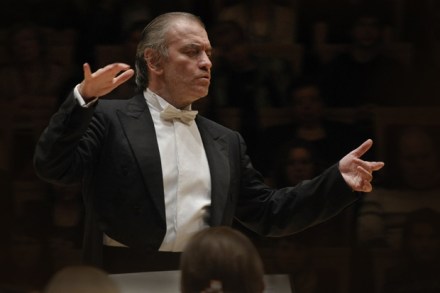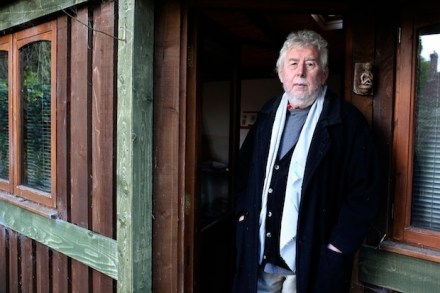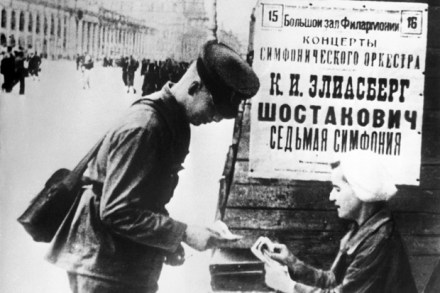Spectator books of the year: Stephen Walsh on Leningrad
I’ve reviewed only a handful of books in 2014, but have struck lucky twice. Brian Moynahan’s Leningrad: Siege and Symphony (Quercus, £25) is one of the most moving books I’ve read for ages: a brilliant portrait of Leningrad in the Nazi blockade, culminating in the astonishing events surrounding the first performance of Shostakovich’s Seventh Symphony by a







